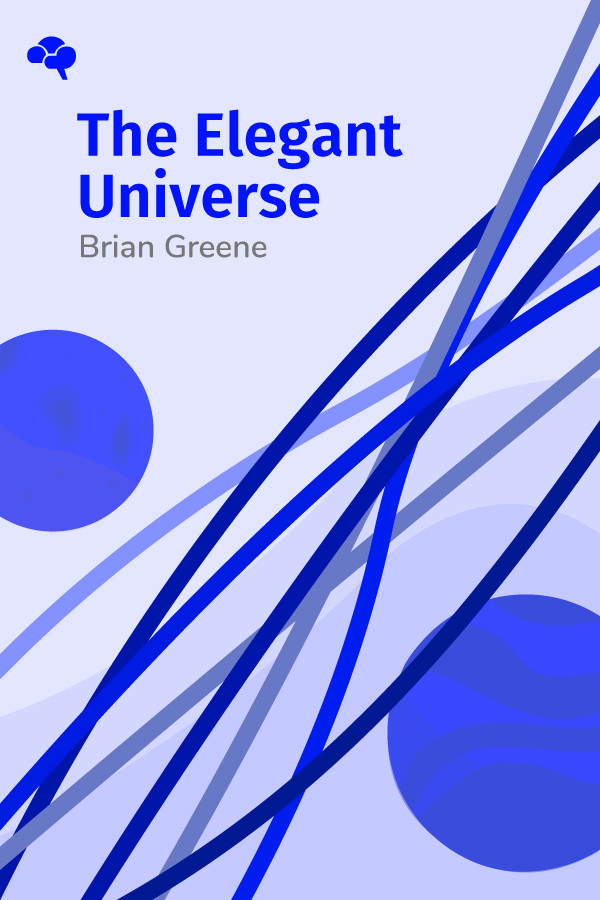Brian Greene
Brian Randolph Greene (born February 9, 1963) is an American theoretical physicist, mathematician, and string theorist. Greene was a physics professor at Cornell University from 1990–1995, and has been a professor at Columbia University since 1996 and chairman of the World Science Festival since co-founding it in 2008. Greene has worked on mirror symmetry, relating two different Calabi–Yau manifolds(concretely relating the conifold to one of its orbifolds). He also described the flop transition, a mild form of topology change, showing that topology in string theory can change at the conifold point.
Greene has become known to a wider audience through his books for the general public, The Elegant Universe, Icarus at the Edge of Time, The Fabric of the Cosmos, The Hidden Reality, and related PBS television specials. He also appeared on The Big Bang Theory episode "The Herb Garden Germination", as well as the films Frequency and The Last Mimzy. He is currently a member of the Board of Sponsors of the Bulletin of the Atomic Scientists. In February 2020 his interview by podcaster Joe Rogan was viewed or heard by millions.
The Elegant Universe: Superstrings, Hidden Dimensions, and the Quest for the Ultimate Theory
Brian Greene (1963-) is an American theoretical physicist, specializing in superstring theory (commonly called “string theory”). After getting his PhD from Oxford University, Greene began teaching at Cornell University in 1990. He then became a professor at Columbia University in 1996, teaching both physics and mathematics. In addition to his 32 years of teaching, he has written multiple books on theoretical physics for the general public. Outside of his career as an author, he is also famous for launching the World Science Festival, a non-profit that seeks to educate the general public about cutting-edge issues in the sciences. In his first book, The Elegant Universe, Greene attempts to explain the model of the universe given by string theory to those who have no formal education in theoretical physics.
Bio information sourced from Wikipedia

